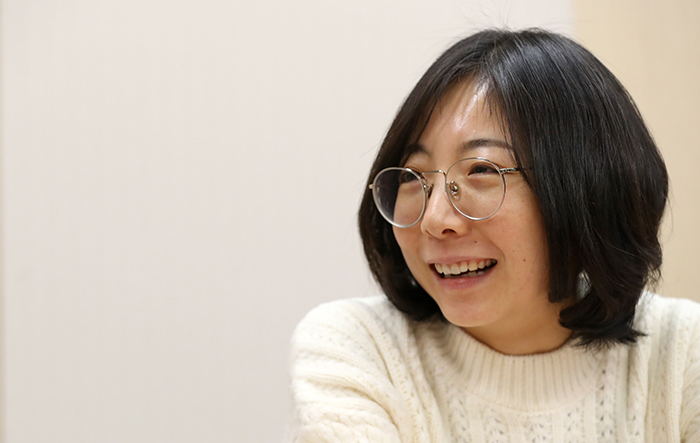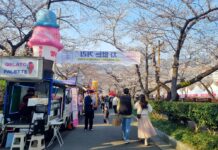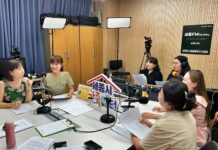
Wang Liqun is a Chinese doctoral student at Pai Chai University in Daejeon who won the Hoseo Literature Award last year for four poems including ”Sleep.”
By Kang Gahui and Kim Minji
Photos = Kim Sunjoo
“There is someone else within me
Someone who is apparently a spy spreading my secrets
One by one he exposes every night
all the secrets I’ve tried hard to conceal”
“Sleep,” a poem written by Wang Liqun, a Chinese student at Pai Chai University in Daejeon, is based on the words she thought of while sleep talking as a student in Korea; she said she is too much of an introvert to say them out loud.
Last year, Wang received a newcomer award from the Hoseo Literary Association, the oldest organization of its kind in Korea, for “Sleep” and three other poems.
The judges are said to have been surprised to find that she was a foreigner, with one saying, “We can see her effort toward renewing a poem from yesteryear from a new perspective and thinking.”
In an interview with Korea.net on Jan. 11, Wang said, “By writing poems in Korean, I feel comfortable as if I’m talking to myself. To me, Korean is a poetic language.”
Beginning her study of Korean in 2007 at Pai Chai’s Korean Language Education Center, she went on to earn a master’s in the subject at Ewha Womans University in Seoul. Returning to her alma mater in China, Weinan Normal University, she taught Korean and literature but felt her teaching was lacking, thus she came back to Korea to pursue a doctorate in 2016.
Next month, she will finish her Ph.D. in Korean at Pai Chai and return to China.
Wang first wrote a poem as an assignment in modern poetry class. “When I read poems, the world seems to grow so silent. I can feel myself healing in such silence, writing down such feelings in my daily life,” she said.
The charm in writing poems in Korean is that Korean poetry has no limits in styles, she said with a shy smile, adding, “There are times when I’m not sure of the Korean expressions but I can use them comfortably because everything is acceptable in Korean poetry.”
Depending on the presence or location of postpositions, the meanings of sentences in Korean can differ. For instance, saying the expression “eat well” in Korean can literally mean to eat a lot and or take on a sarcastic connotation simply by changing the location of the postposition.
“Korean has far more postpositions than Chinese and English, two languages with few postpositions. This makes Korean more confusing, but I believe this makes the language more attractive and interesting,” she said.
“By reading Korean literature over the past three years while studying in Korea, I have learned the power of writing that can touch the heart. This award has given me great solace. I’ll keep writing poems and eventually seek to publish a collection of poems.”
kgh89@korea.kr























